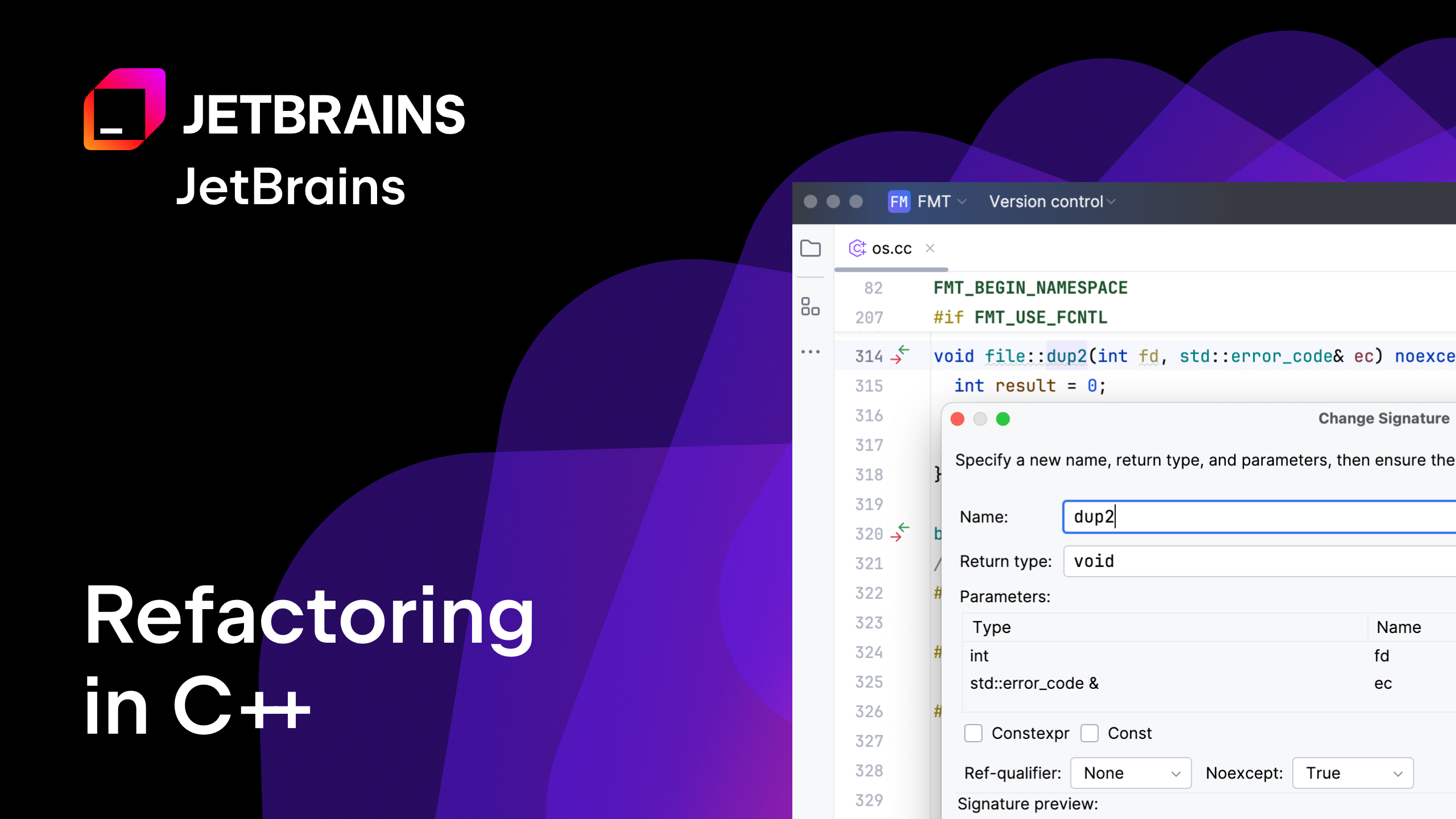Get the latest tech news
PostgreSQL Best Practices
PostgreSQL (Postgres) is one of the most powerful and popular relational database management systems available today. Whether you're a database administrator,
Use appropriate data types (e.g., UUID, JSONB, ARRAY) to leverage Postgres features Implement proper constraints (NOT NULL, UNIQUE, CHECK) to maintain data integrity Consider partitioning large tables for better performance Use schema namespacing to organize related tables (e.g., auth.users, billing.invoices) Metric CategoryImportant MetricsPerformanceQuery execution time, cache hit ratio, TPSResource UsageCPU, memory, disk I/O, connection countDatabase SizeTable growth, index size, WAL sizeReplicationReplication lag, WAL generation rateErrorsFailed connections, deadlocks, errorsMaintain database changes in version control: By implementing these best practices, you’ll build a solid foundation for your PostgreSQL database infrastructure that can scale and adapt to your organization’s needs while maintaining security, performance, and reliability.
Or read this on Hacker News
